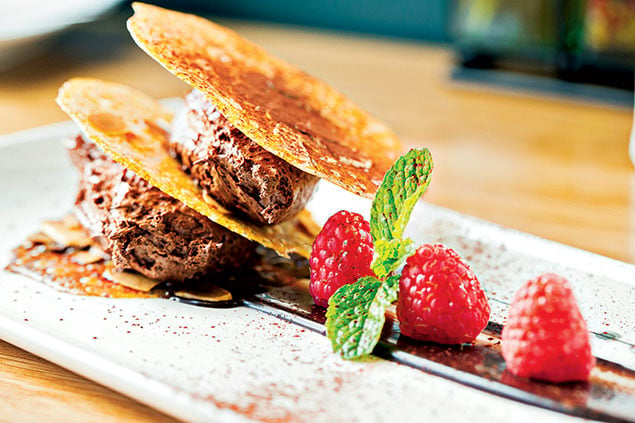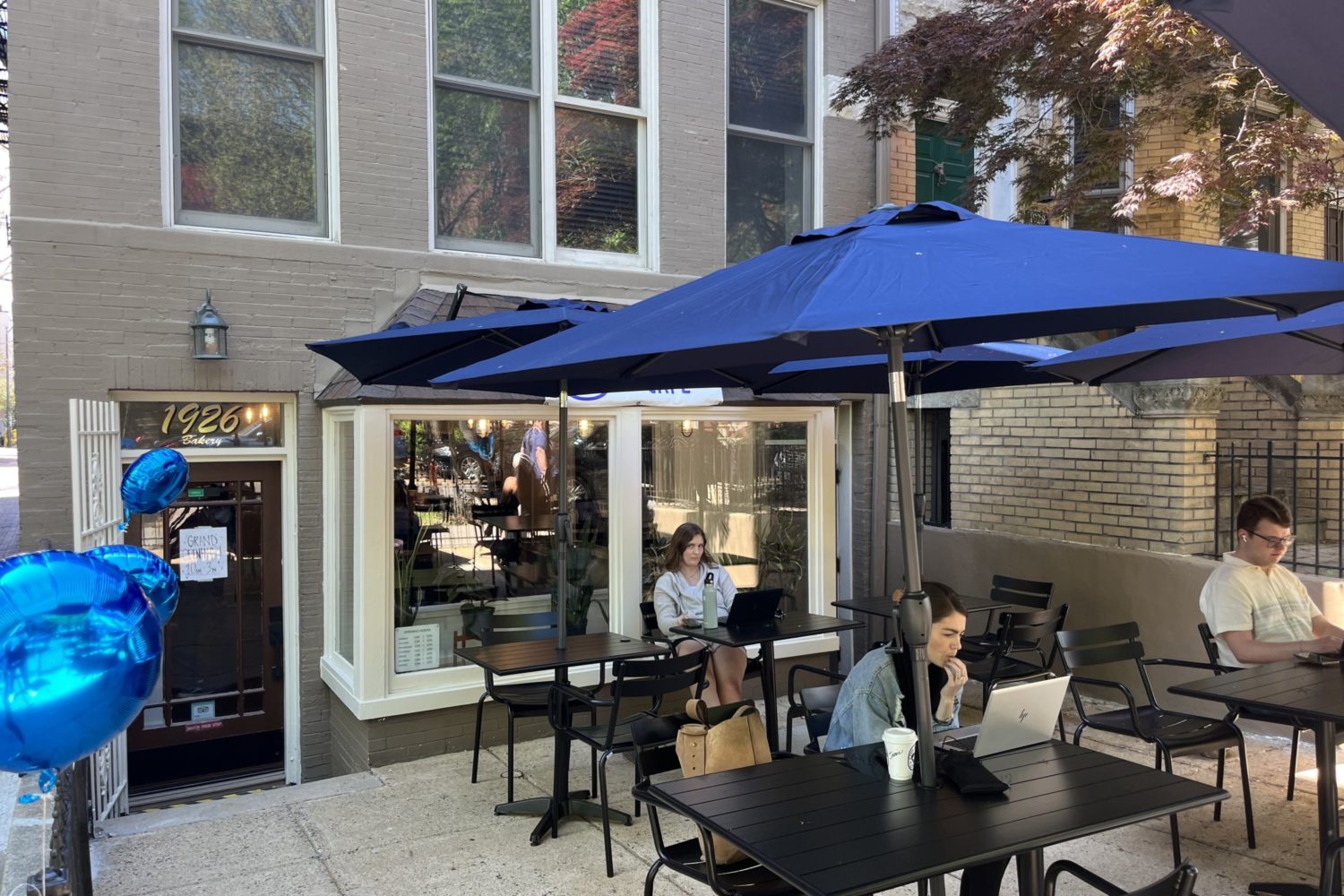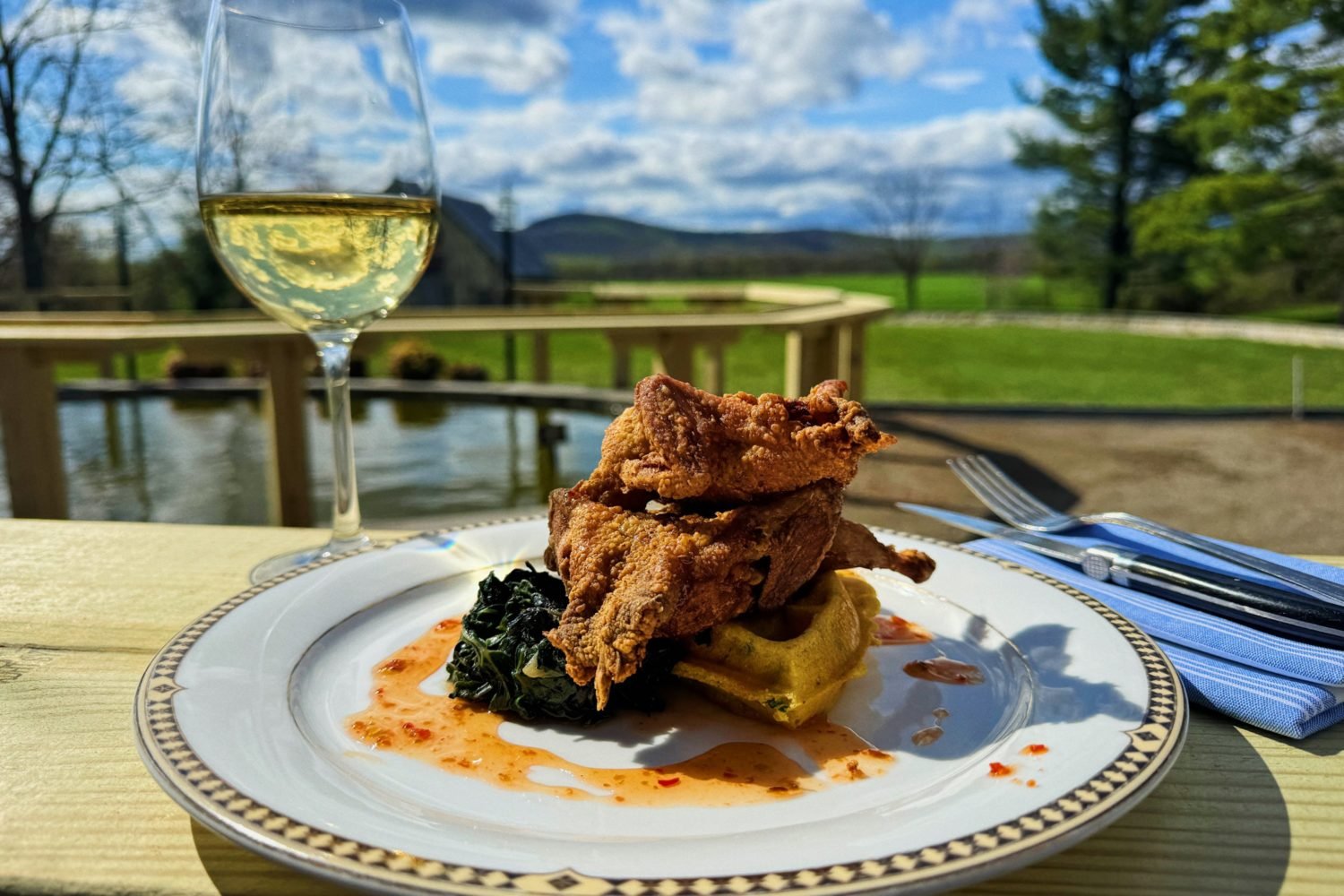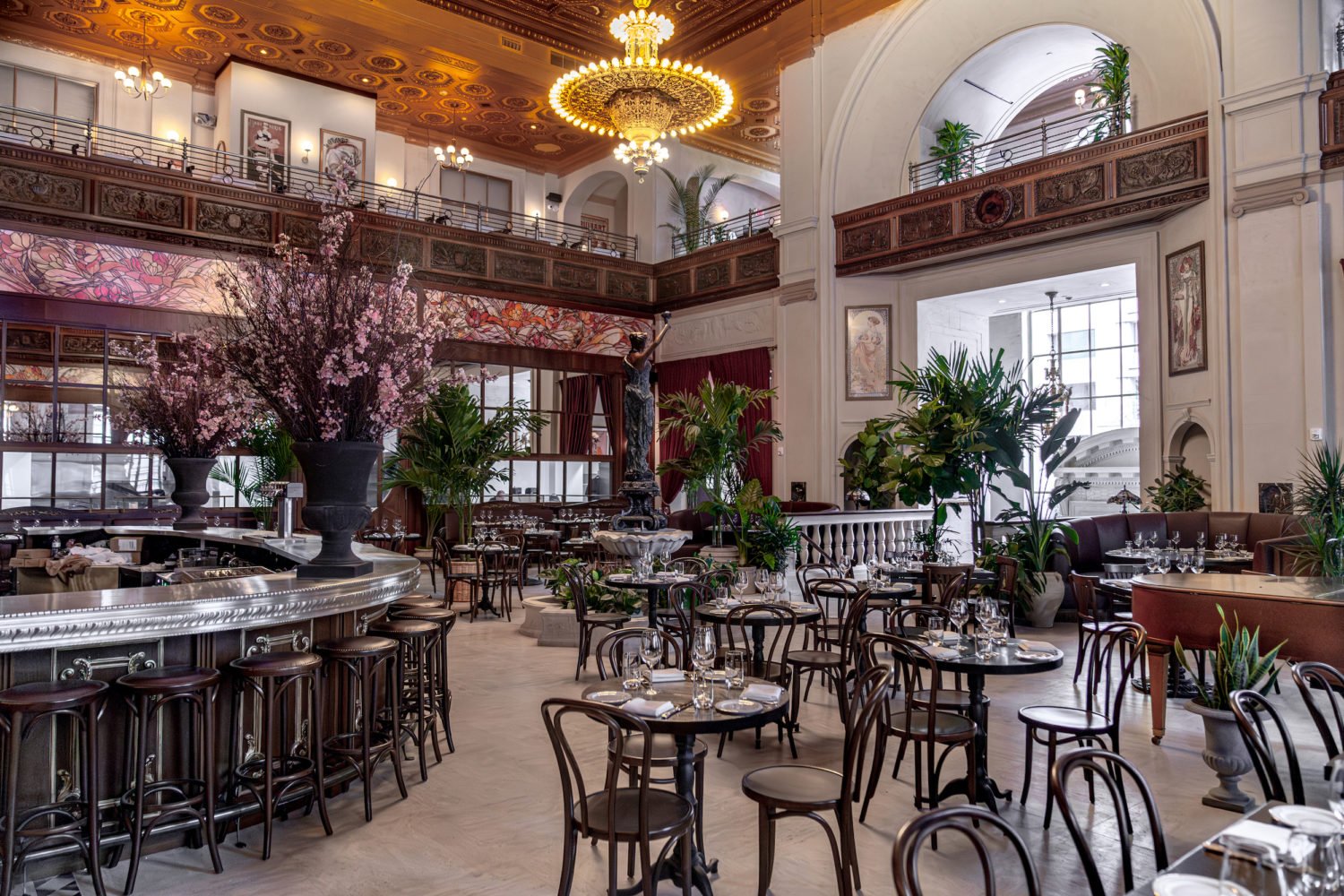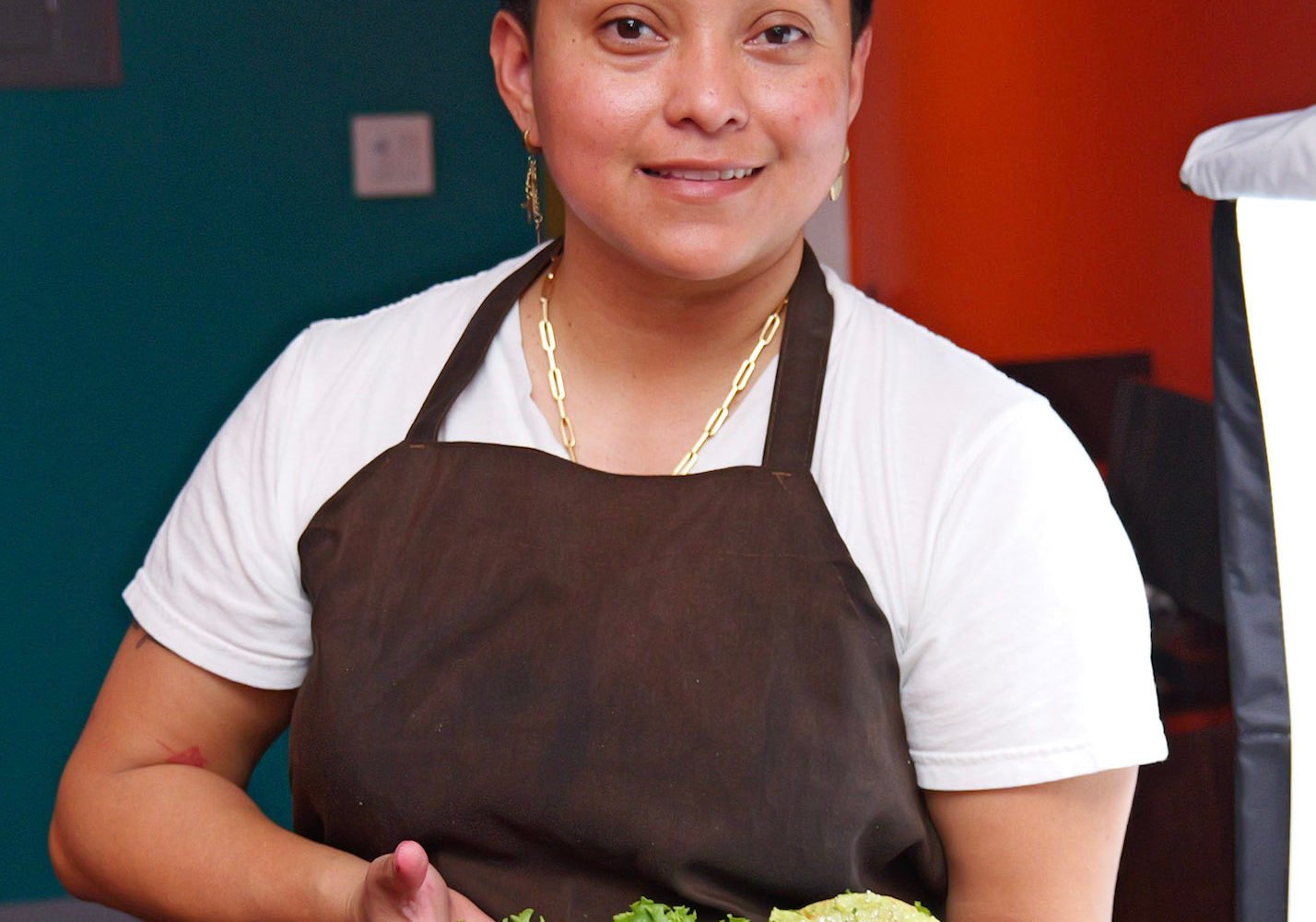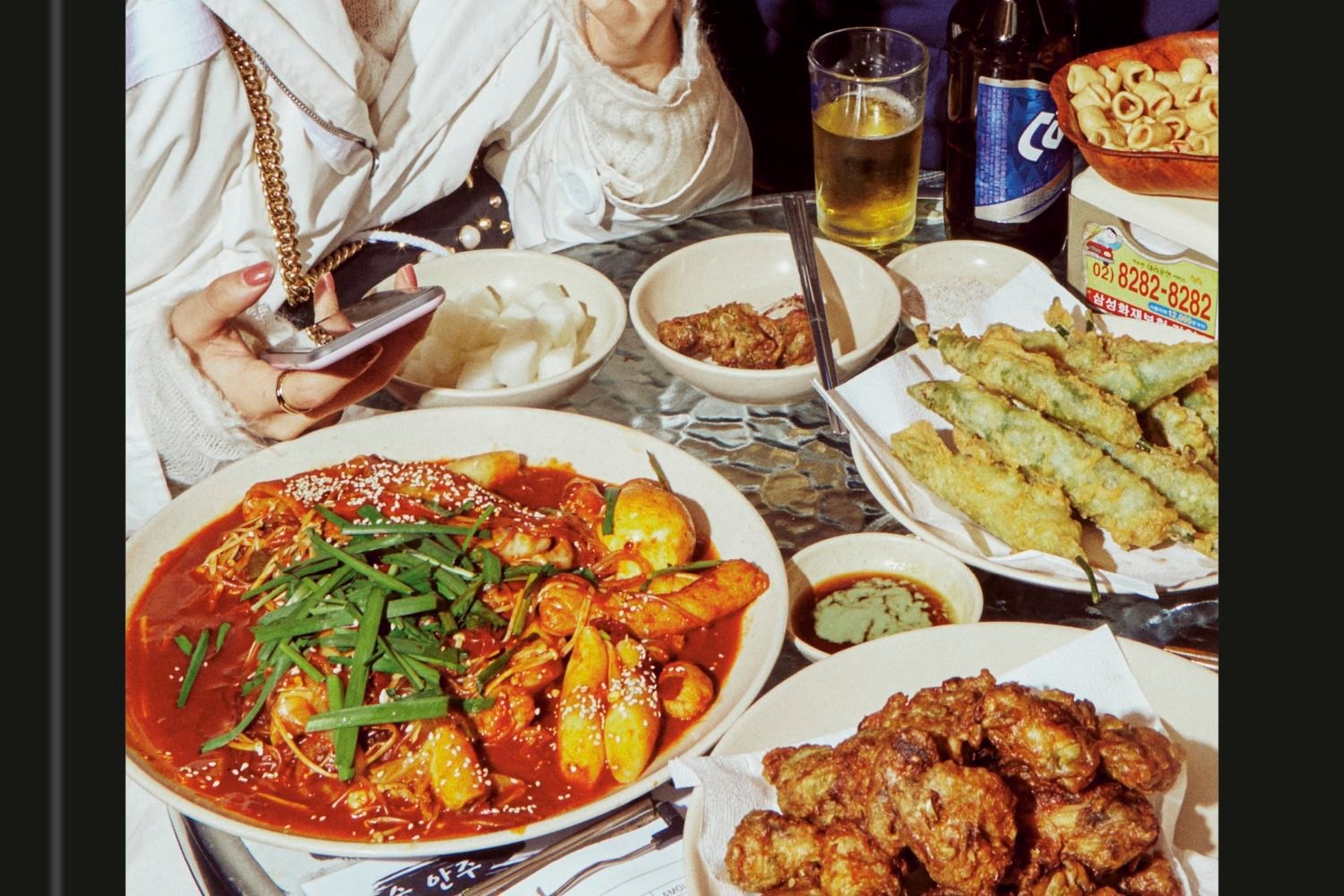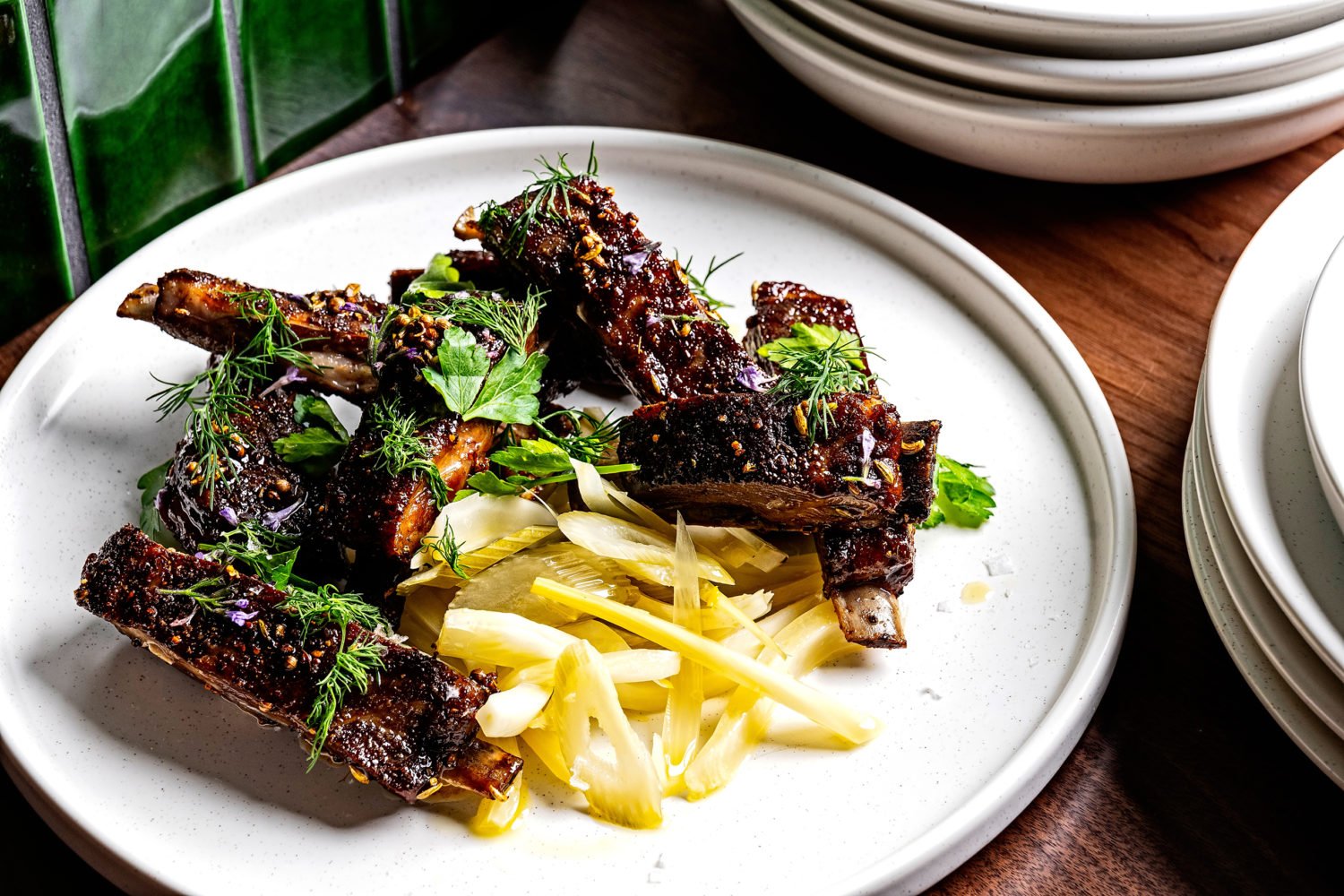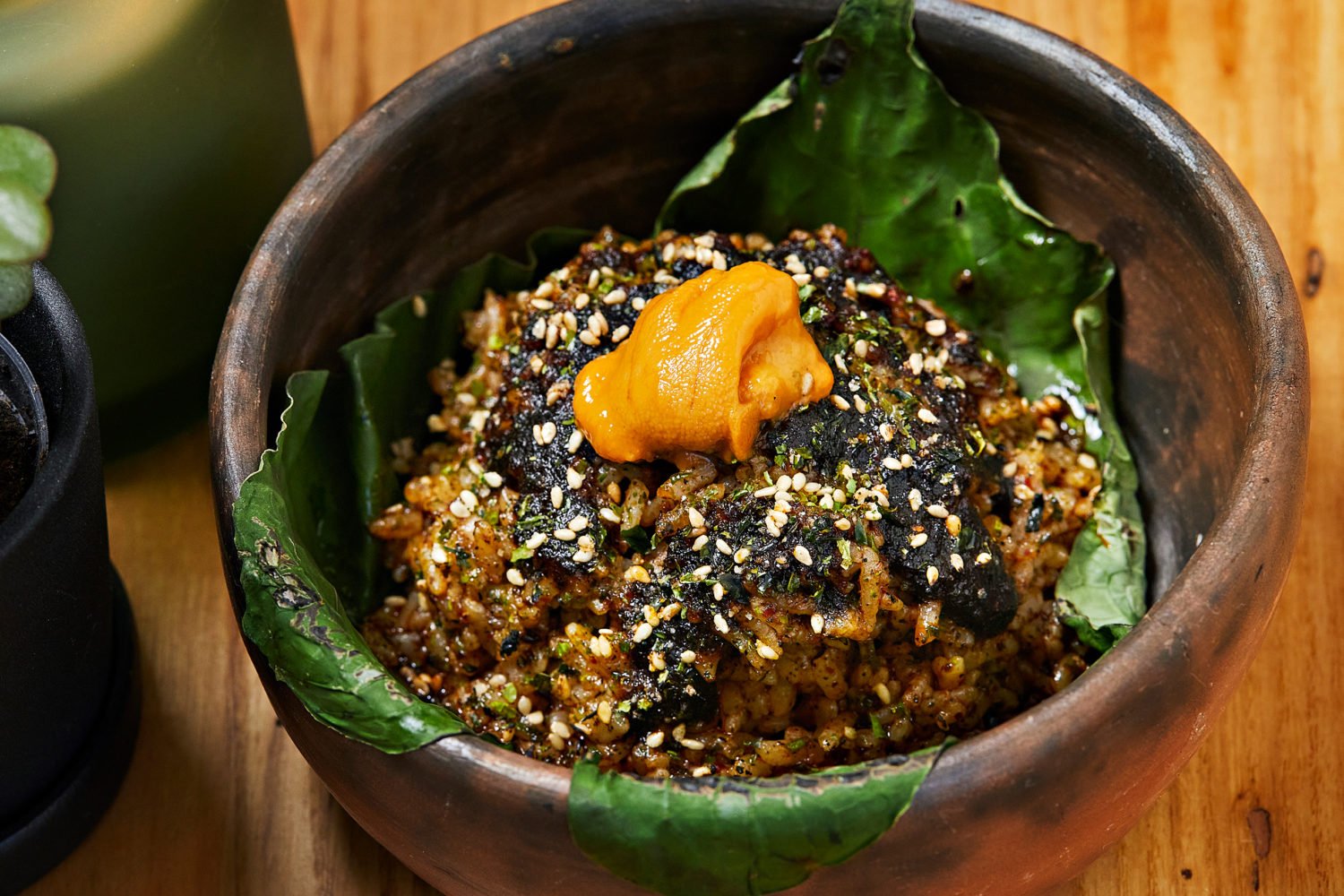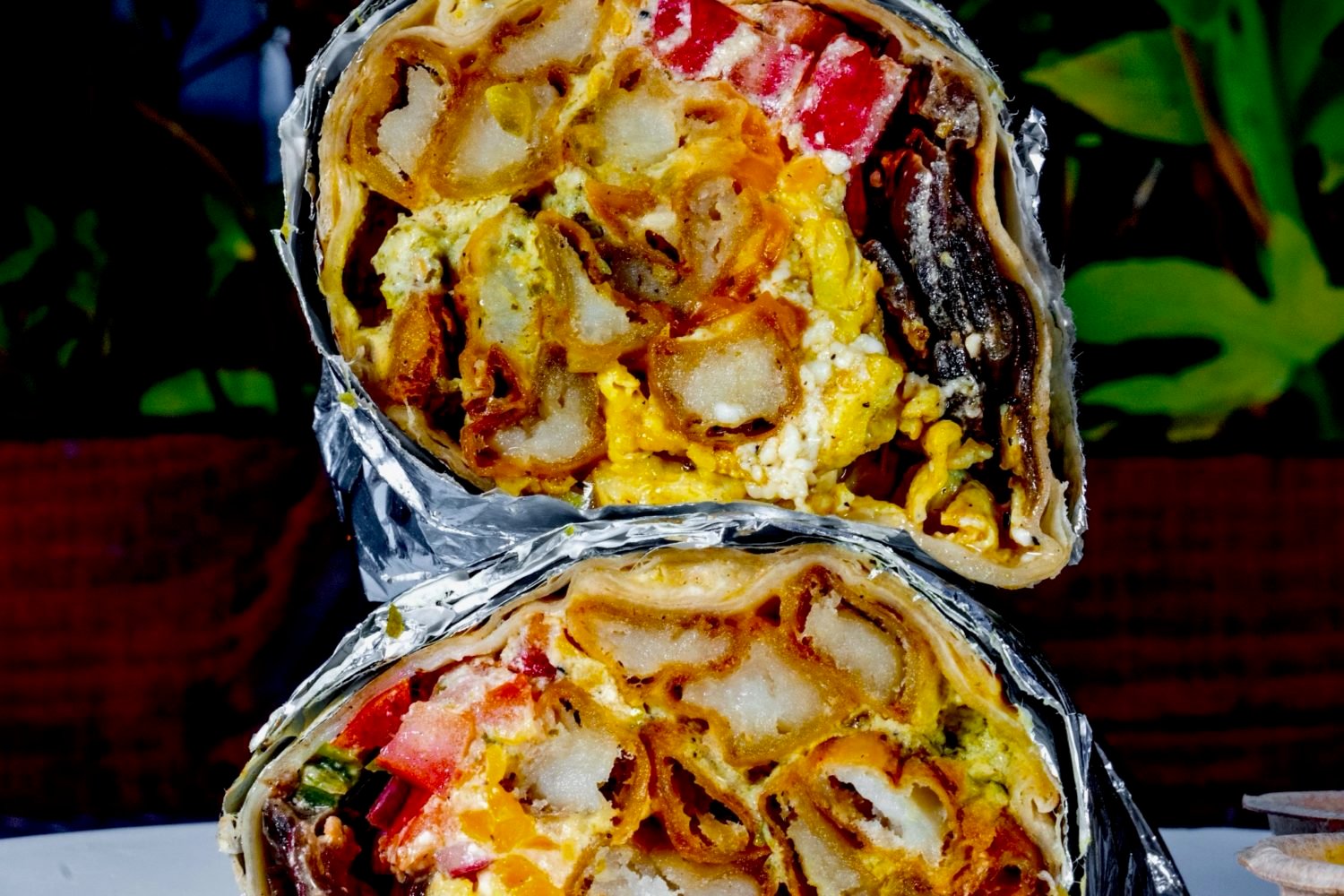About Wildwood Kitchen
Robert Wiedmaier has long presented himself as one of the last proponents of the old school, a stance that has often left him at odds with the times and cast him as the culinary equivalent of the crotchety old man yelling, “Get off my lawn!”
Not that he minds. The German-born chef relishes his role as the prickly conscience of an ever-changing scene, even as he sometimes regrets he doesn’t have more company.
If you were to sit down with him for ten minutes, you’d hear him lament the lack of fastidiousness and rigor among the current crop of chefs, their need to originate new dishes when they haven’t even learned the old ones, their Food Network-ogling eyes.
Wiedmaier has never had his 15 minutes, and the fact that he has managed to assemble an empire of seven restaurants, among them Brasserie Beck in downtown DC, Brabo in Old Town Alexandria, and outposts of Mussel Bar & Grille in Bethesda and Atlantic City is testament to both his no-tricks cuisine and his willingness to recede into the background.
You don’t go to a Wiedmaier restaurant to see what some hot new architect has wrought or to sip a mixologist’s mad-scientist idea of a cocktail. The virtues of his brand can sound almost quaint: a well-strained consommé, a perfectly carved carrot, a sauce that tastes both effortless and as if it’s been fine-tuned over the course of a thousand dinners. Loath to equate cooking with self-expression, let alone Art, Wiedmaier has never put his own needs before those of his diners: At Marcel’s, his sumptuous flagship, he keeps a stash of Bud behind the bar for customers made uneasy by Champagne and Chardonnay.
Wildwood Kitchen, Wiedmaier’s latest, is a relatively minor effort, but it’s the best thing he’s done in years and it arrives at an opportune time, amid a dining scene that has become increasingly grandiose. It makes no claims of delivering an “experience.” It doesn’t make you feel grateful for the privilege of walking through the door. It’s delicious. And comfortable. And restorative. I left every meal feeling better about the world.
The narrow strip-mall space’s attempts to invoke the trendy local/artisanal theme are so half-hearted (an old seltzer bottle here, some animal statues there), you can almost sense Wiedmaier’s boredom with playing the game. The best touches—table lamps that cast a buttery glow and create the sinuous mood of a swank bar—are as contemporary as a 45-rpm record. The waitstaff wears checked shirts and jeans, the uniform of the hipster farmhouse movement, except that here the clothes don’t just gesture to something retro and weathered; they actually look like they came from a thrift store.
The menu isn’t long, and if you glanced at it, you might not be persuaded to book a table. Who isn’t sick of beets and goat cheese? The main-course options (hanger steak, salmon, chicken) could be recommendations out of Bistro for Dummies.
But like that old tailored coat that hangs in the back of your closet, the value is in the stitching, the durability of the materials. Wiedmaier and his team—which includes Brian McBride, who manned the stoves at Blue Duck Tavern, and chef de cuisine Matt Newland, formerly of J&G Steakhouse—can take a dish you think you can’t stand to look at again and compel you to linger over it.
Take a salad of fennel, endive, and shrimp. Nothing special, you think. But the fennel is shaved into fettuccine-like strands, the shrimp have pop, and the dressing is a masterful balance: not too tart, biting, or sweet.
The duck confit—which, on the night I had it, lacked only a crispier skin to qualify as perfect—is ringed by the sort of dark, glossy pan sauce Wiedmaier made his name on. If only I’d had a ladleful atop the puréed potatoes that came with it, I’d have walked away happy.
In an age of rusticated comfort food, lots of places are doing a lamb meatball—an affordable way to showcase the glories of locally raised lamb. None matches the one here. The texture of the meat is only slightly firmer than the whipped potatoes, and, just as impressive, this is achieved without an excess of filler. The lively, harissa-based sauce accentuates the Moroccan spicing within. Because this is a Wiedmaier restaurant, the meatball is the size of an orange and is served as an appetizer. Grazers could make a meal of it.
Portion control has always been inimical to Wiedmaier’s sense of rightness. But the chef, who shed 40 pounds a few years ago, has challenged himself here to lay off the butter and cream. For someone whose signature dish is a sausage of foie gras and pheasant, this is akin to Georges Perec’s writing a novel, in French, without the letter “e.”
The menu abounds in the flavor agents of the Mediterranean Diet Cookbook—tapenades, herbed oils, caponatas. Roundness and depth are not the watchwords of the kitchen; lightness and brightness are. If this conjures up images of wan dietary fare, rest assured—most of the time, you won’t notice.
Among the most obvious beneficiaries of the try-to-beg-off-butter rule is the bread basket, with its crisped slices of French bread dappled with olive oil and accompanied by paprika-flecked tuna spread. It’s one of the area’s most promising beginnings to a meal.
It shouldn’t be surprising that seafood would figure so prominently on the menu, but I still confess to being surprised. I’ve found Wiedmaier’s cuisine to be more rewarding when it comes to game and meat than fish—raw-bar items excepted. Working with venison or pigeon allows him to play to his strengths, intensifying flavors with extractions such as stocks and sauces. Fish is more delicate, and Wiedmaier has in the past responded like an artist who’s had some of the colors swiped from his palette.
That’s not the case here. An Arctic char en papillote—a preparation in which fish is baked in paper—has a lightness that lets you concentrate on the quality of the fish. And with carrot juice for sweetness and coriander for perfume, there’s no missing the butter. The peppered tuna is likewise better for not being turned into a steak substitute, with a rich sauce. The enhancements—roasted peppers, hearts of palm—let the tuna be tuna.
My complaint with the grilled octopus isn’t the piperade or Banyuls vinaigrette that garnish it but with the pieces of tentacle—they should have spent less time on the grill.
The best of the fish preparations is the simplest: sardines set atop olive-oil-fried bread and dolloped with vivid squash caponata.
I have my doubts that the desserts aren’t built on butter and cream, despite what Wiedmaier insists. Not that I’m complaining. The napoleon, a layering of crunchy chocolate cookies and chocolate mousse, is one of the most intense treats I’ve eaten in ages—the chocolate lingered on my tongue like a great Bordeaux. The tiramisu isn’t quite as memorable, but, like the napoleon—and this unassuming and agreeable spot—it has a depth you don’t expect in an age of clever but often unsatisfying trifles.
This article appears in the April 2013 issue of The Washingtonian.

